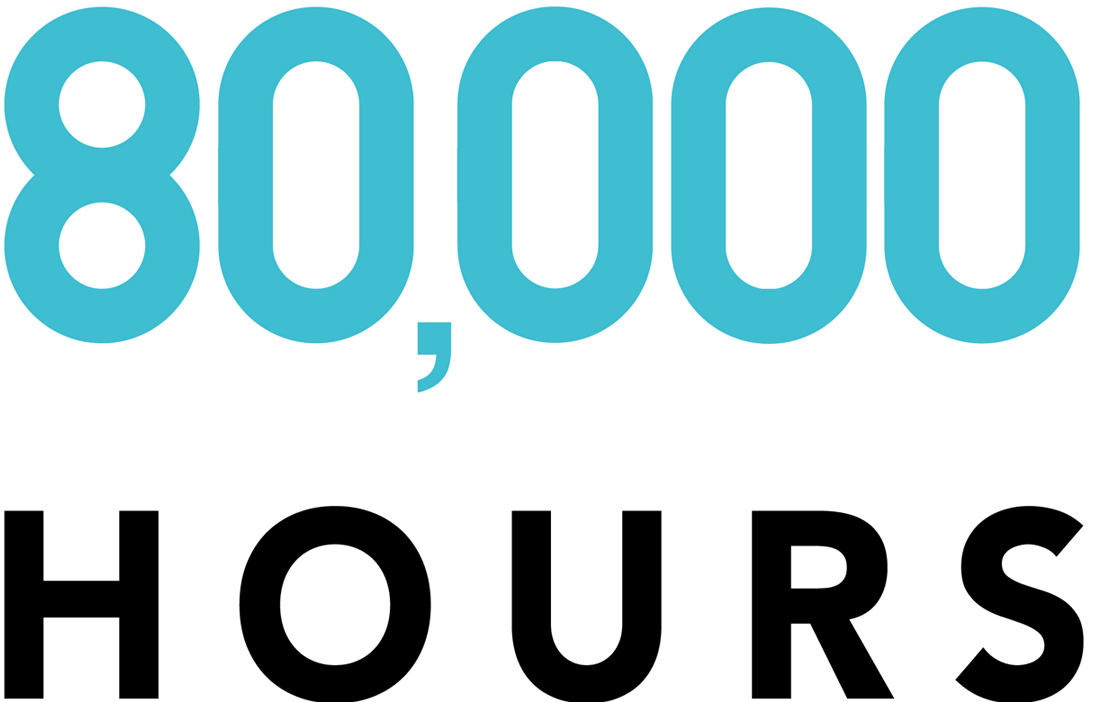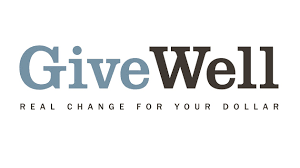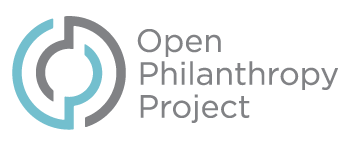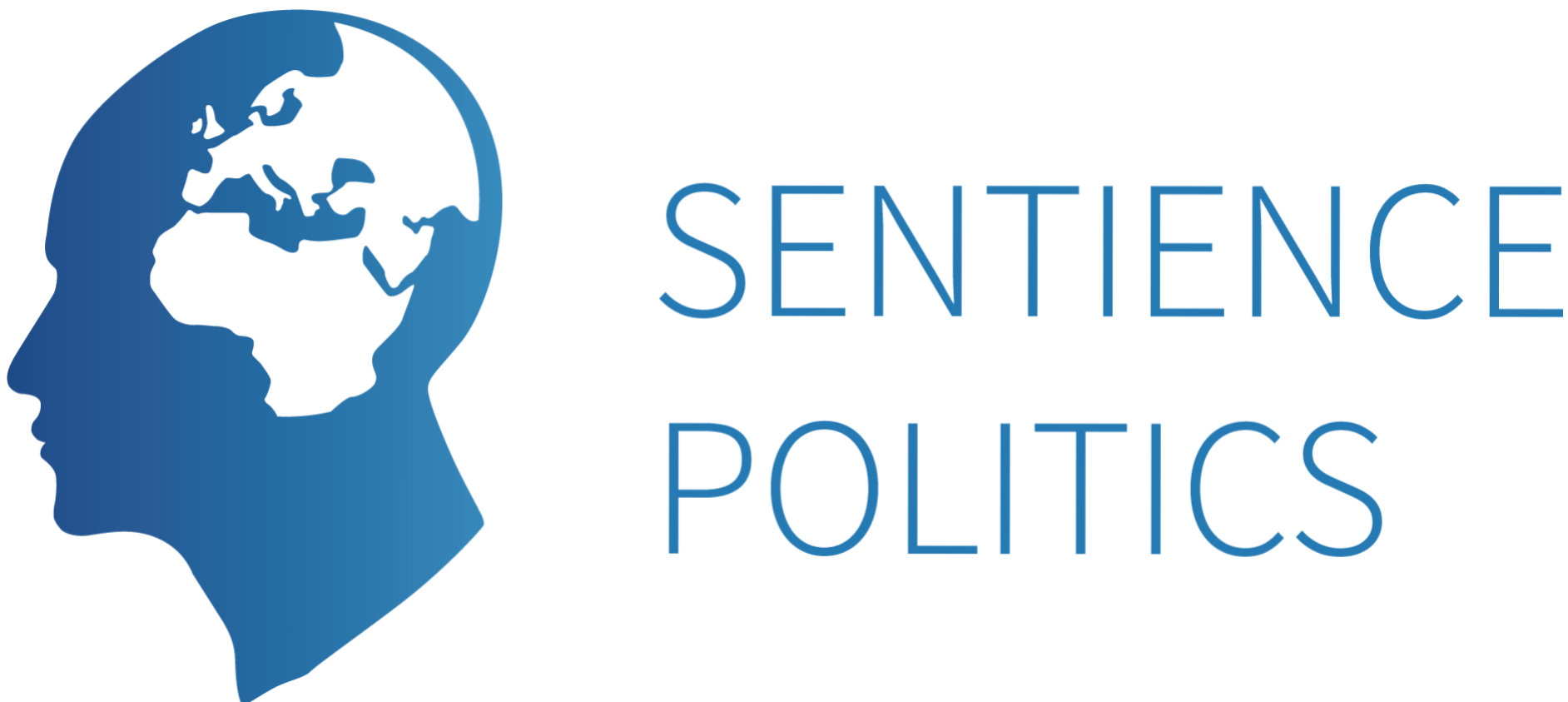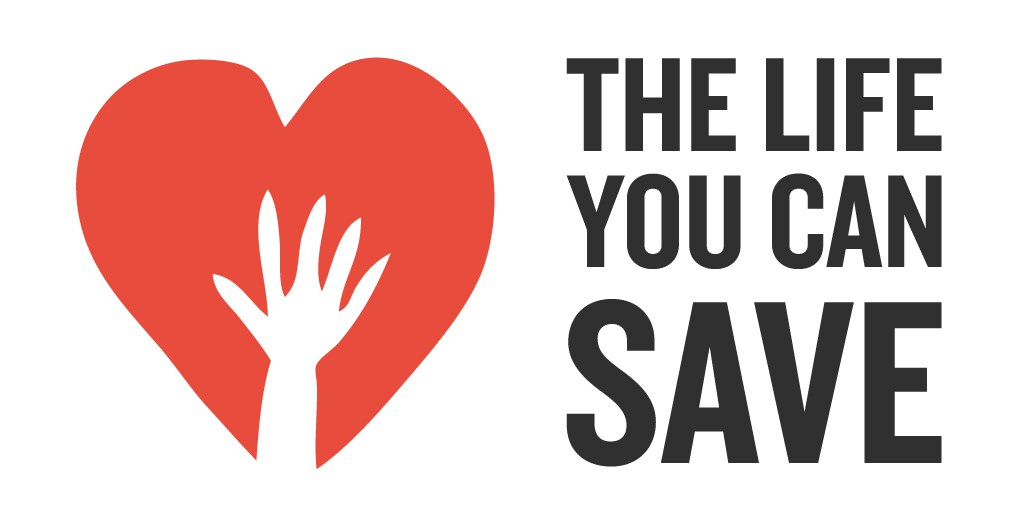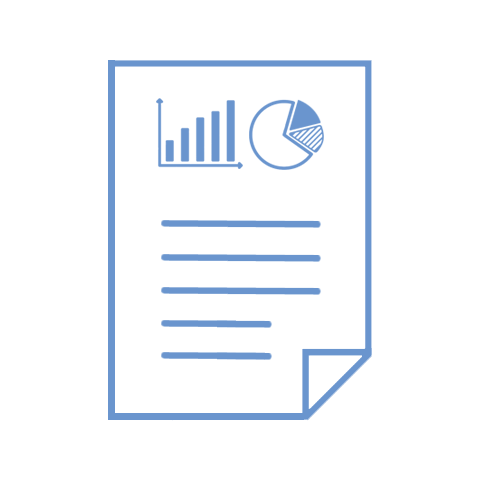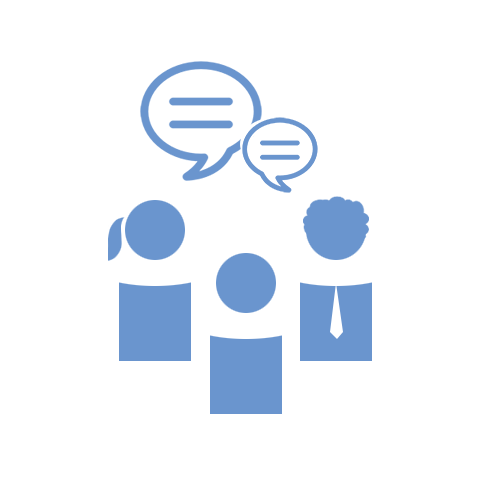EA Newsletter: November 7, 2016

Hi everyone,
A big welcome to all our new subscribers this month, including many who've joined us from university events around the world.
Obviously it's a big night for all of our subscribers in the US this week. There's been a lot of discussion in the community about how valuable voting really is. 80,000 Hours has done some research concluding "the hour you spend voting is the most socially impactful of all".
Have a read and go out and vote!
This month we're continuing our spotlight on Cause X—the search for an important but as yet undiscovered moral problem that it could be highly valuable to work on—by looking at three heuristics to use to try and find Cause X.
If you missed last month's coverage of this you can read it here.
Or continue reading for summary of this article, related posts and updates from across the effective altruism community.
Cheers!
The EA Newletters team
Spotlight: Three Heuristics for Finding Cause X
By its very nature, Cause X is likely to be an idea that today seems implausible or silly, but will seem obvious in the future, just as ideas like animal welfare or existential risk were laughable in the past. This characteristic of Cause X—that it may seem implausible at first—makes searching for Cause X a difficult challenge.
Fortunately, I think we can look at the history of past Cause X-style ideas to uncover some heuristics we can use to search for and evaluate potential Cause X candidates.
I propose that three such heuristics are:
1. Expanding the moral circle
As the centuries have progressed, there has been a growing sense that categories like gender, nationality, sexuality, and ethnicity don't determine the worth of a person. Movements for the liberation or fairer treatment of slaves, women, children, racial minorities, sexual minorities, and non-human animals have gone from seeming absurd and intractable, to being broadly accepted. Forms of subjugation that once seemed natural and customary grew controversial and then unacceptable.
The popular cause areas in effective altruism target beneficiaries that have not yet gained full moral consideration in society, like people in extreme poverty in other countries or considering the welfare of non-human animals.
Therefore, a natural heuristic for discovering Cause X is to push the trendline further. What sentient beings are being ignored? Could sentience arise in unexpected places?
Answering these questions may yield candidates for unexplored ways of improving the world.
2. Consequences of technological progress
A second heuristic for finding a Cause X is to look for forthcoming technological advances that might have large implications for the future of sentient life. Work that focuses on the safety of advanced artificial intelligence or hastening the development of particularly important or beneficial technologies (e.g. cellular agriculture) are examples of how this could be applied to Cause X.
3. Crucial Considerations
"A crucial consideration is an idea or argument that might plausibly reveal the need for not just some minor course adjustment in our practical endeavours but a major change of direction or priority.
If we have overlooked even just one such consideration, then all our best efforts might be for naught – or less. When headed the wrong way, the last thing needed is progress." -- Nick Bostrom
Read more about these heuristics along with further resources and examples of these heuristics in action.
Articles
Continuing the focus on Cause X, Owen Cotton-Barratt writes about the value of diversifying, arguing that the community grows, it will probably make sense to expand to new focus areas. We could search for these by looking for new neglected groups of potential beneficiaries. Perhaps more promising though, is to look for new methods for helping current beneficiaries. Read more here.
If you're interested in trying to improve your ability to think critically about topical issues Deception Detox is providing an online course to help more people use science to determine fact from fiction.
Elsewhere this piece about giving away $100,000 on popular personal finance blog Mr. Money Mustache received a lot of interest this month as did this powerful piece (in German) about what you would do if you were on a sinking ship and you could only save your luggage or a child.
This article explores many of the ethical questions behind artificial intelligence, but think more the over-enthusiasic magic broom Mickey Mouse brings to life in Fantasia than the Terminator!
Wondering how feasible the rapid development of AI is? Have a look at this article by the Foundational Research Insitute and this Ask Me Anything thread by MIRI, the Machine Intelligence Research Institute.
Finally, check out this map of x-risk-preventing organizations and people to get a better overview of the overall landscape of organizations in this space.
Timeless Classics
This post by Michelle Hutchinson from January covers the idea of thinking about new beneficiaries and new methods to identify promising areas to work on.
And since we're focusing on Cause X this month, we thought it would be helpful to re-share Claire Zabel's post, which provides a toolkit for changing your mind on cause areas.
Updates
80,000 Hours
80,000 Hours wrote a book that is coming out on Nov. 28, in both paperback and Kindle. They are giving away a free version of the ebook to everyone on their newsletter on that date.
Animal Charity Evaluators
ACE’s first conference is this month, the 2016 Symposium on Multidisciplinary Research in Effective Animal Advocacy at Princeton University on November 12-13. The first grants made with the Animal Advocacy Research Fund are currently being finalized, and ACE is continuing to help create more resources for researchers, including a new Animal Advocacy Data Repository.
Centre for Effective Altruism
In October CEA's research team worked on a map of key ideas in effective altruism to be added to effectivealtruism.org later this year and consulted with the UK government. Through Giving What We Can, CEA also had 105 new people pledge to donate 10% of their income to effective charities.
Effective Altruism Foundation
Over 300 people from all over the world attended EAGxBerlin – the biggest EA conference in continental Europe. The recordings of the talks can be watched on the EAS YouTube channel.
Future of Humanity Institute
FHI and its research was mentioned multiple times in the UK House of Commons Science and Technology Committee report concluding their recent enquiry on robotics and artificial intelligence. Jan Leike published a new paper defining “exploration potential” as a quantity that measures how much a reinforcement learning agent has explored its environment class. US President Obama was asked about Nick Bostrom’s research in an extensive interview with Wired.
GiveWell
GiveWell published notes and photos from a site visit to Ghana in August. GiveWell staff visited the Against Malaria Foundation, one of GiveWell's current top charities, as well as Sightsavers, a charity GiveWell is considering for a top-charity recommendation.
Open Philanthropy Project
The Open Philanthropy Project discussed its ongoing efforts to improve the accuracy of its judgments and forecasting. It also announced several grants in the areas of farm animal welfare, macroeconomic stabilization policy, criminal justice reform, biosecurity, and other areas.
Raising for Effective Giving
At the Poker World Championship (WSOP Main Event final table), Griffin Benger represented REG and came in seventh. He'll donate at least 2% of his winnings to effective charities. Furthermore, it’s still possible to double your impact by donating to the Dimi & Dan Shak matching challenge where up to $35,000 will be matched by the two poker pros until the end of November.
Sentience Politics
Sentience Politics has established a Research Network for effective animal advocacy to support transdisciplinary research in this under-studied area. They’re looking for skilled researchers to get involved – if you're interested, please subscribe to their mailing list.
The Life You Can Save
Founder Peter Singer's new book, Ethics in the Real World: 82 Brief Essays on Things That Matter, is a very readable compilation of his pieces on a range of topics, from effective giving to surfing. A special 30% discount is available on the Princeton University Press website with Promo Code P06226 through 12/15/16. Read a review in The Economist.
Jobs
There are quite a few positions this month. If you know any suitable candidates encourage them to apply.
- Academic Project Manager at CSER
- Two Research Associate positions at Centre for the Future of Intelligence. Apply here and here.
- Internship at the Future of Humanity Institute
- The Centre for Effective Altruism is looking for: - Assistant Producer for their events team - Director of US Operations - Office Manager - Executive Assistant to Will MacAskill - Plus if you'd like to volunteer to help lead a team of volunteers to work on the Giving What We Can pledge drive in December and January please get in touch.
- GiveWell is looking for a: - Senior Fellow - Senior Research Analyst - Summer Research Analyst
- Grants Associate at the Open Philanthropy Project
- Stiftung für Effektiven Altruismus is looking for: - Operations Manager - Campaign Manager You can join their team in Basel, Zurich or Berlin!
Other Announcements
EAGx Oxford - Apply today
Just over two weeks to go until EAGxOxford, with over 400 attendees this will be Europe’s largest ever effective altruism event! An exciting lineup of speakers includes philosopher Derek Parfit, co-founders of Deepmind Technologies Demis Hassabis and Mustafa Suleyman, co-founder and CEO of Founders Pledge David Goldberg, co-founder of the effective altruism movement and CEO of the Centre for Effective Altruism Will MacAskill and many more...
There are a few tickets left, don't miss out! Apply today. Applications close on Tuesday, November 8.
Did this newsletter cause you to significantly change your mind such that you expect to have more social impact in the future?
Get Involved in Effective Altruism
The Effective Altruism Newsletter is a joint project between the Centre for Effective Altruism, the Effective Altruism Hub, and .impact.
This is an archived version of the EA Newsletter sent to 20,312 subscribers on November 4, 2016.
To see the full archives, click here.
